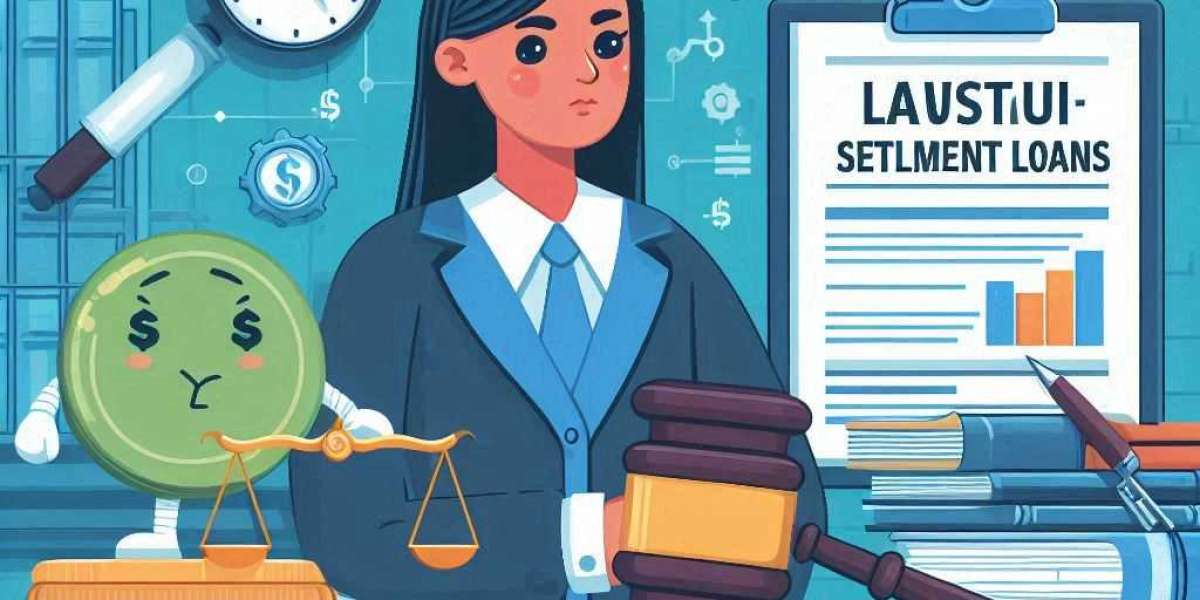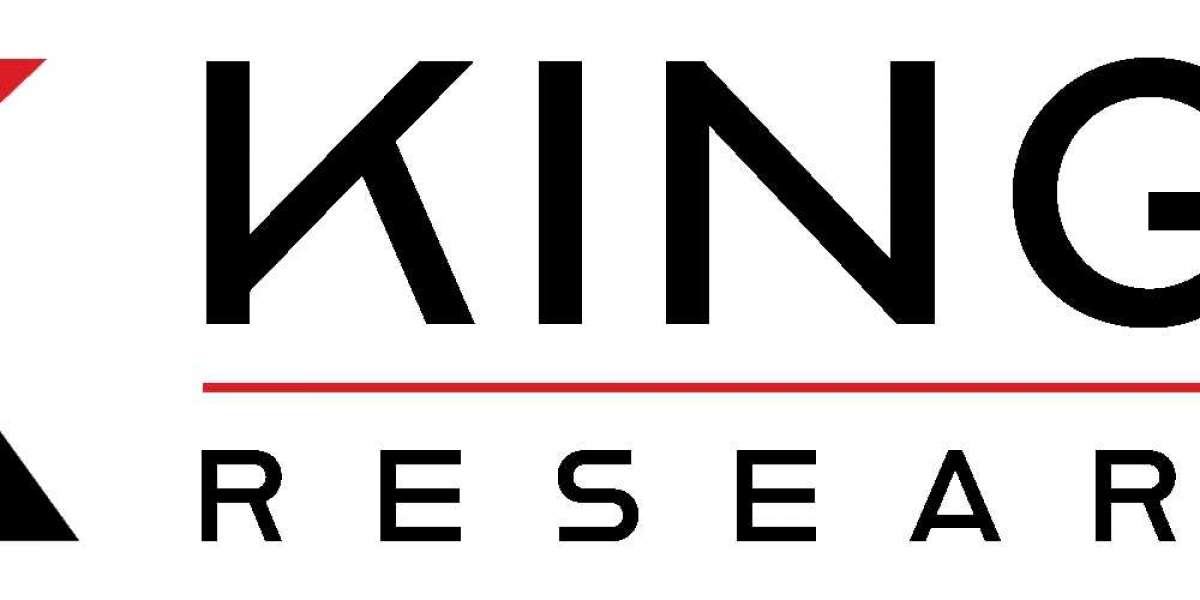Credit card debt is a burden that millions of individuals face, often leading to financial stress and long-term consequences. If you’re struggling with high balances, mounting interest rates, and minimum payments that barely make a dent, you’re not alone. Fortunately, credit card debt relief options can help you regain control of your finances and work toward a debt-free future.
Understanding Credit Card Debt
Before exploring solutions, it’s essential to understand why credit card debt can become overwhelming. High-interest rates, late fees, and revolving balances contribute to increasing financial strain. Many people only pay the minimum due each month, which prolongs debt repayment and adds to overall costs.
Effective Credit Card Debt Relief Strategies
There are several ways to tackle credit card debt, each suited to different financial situations. Here are some of the most effective strategies:
- Debt Consolidation Loans
A debt consolidation loan allows you to combine multiple credit card balances into a single loan with a lower interest rate. This option simplifies payments and helps reduce overall interest costs. Personal loans, home equity loans, or balance transfer credit cards are common consolidation tools.
- Balance Transfer Credit Cards
If you have good credit, a balance transfer credit card can provide temporary relief by offering 0% interest for a promotional period. This allows you to pay off the principal balance without accumulating extra interest. However, it’s crucial to pay off the debt before the promotional period ends to avoid high-interest charges.
- Debt Management Plans (DMPs)
A debt management plan, offered by credit counseling agencies, helps individuals consolidate payments into a single monthly installment with reduced interest rates. Credit counselors negotiate with creditors on your behalf, making repayment more manageable.
- Debt Settlement
Debt settlement involves negotiating with creditors to pay a lump sum that is less than the total amount owed. While this option can reduce debt significantly, it may negatively impact your credit score and often requires working with a debt settlement company.
- Snowball and Avalanche Methods
Two popular repayment strategies include:
- Snowball Method: Paying off the smallest balances first while making minimum payments on larger debts.
- Avalanche Method: Prioritizing high-interest debts first to minimize overall interest costs. Both strategies offer structured approaches to reducing debt efficiently.
- Bankruptcy: The Last Resort
If your debt is unmanageable, bankruptcy might be a necessary step. Chapter 7 and Chapter 13 bankruptcy offer different relief options, but both have significant consequences for your credit and financial future. Consulting with a financial advisor is recommended before considering bankruptcy.
How to Prevent Future Credit Card Debt
Once you’ve achieved some level of credit card debt relief, it’s essential to implement healthy financial habits to prevent future debt issues. Here’s how:
- Create a Budget: Track income and expenses to ensure you live within your means.
- Build an Emergency Fund: Save at least three to six months’ worth of expenses to avoid relying on credit in emergencies.
- Use Credit Wisely: Avoid unnecessary purchases and pay off balances in full whenever possible.
- Negotiate Lower Interest Rates: Contact your credit card issuer to request a lower interest rate based on a strong payment history.
- Seek Financial Counseling: Professional guidance can help you develop better money management skills.
Final Thoughts on Credit Card Debt Relief
Getting out of loan settlement agency, discipline, and strategic planning. Whether you choose consolidation, settlement, or a structured repayment plan, the key is to take proactive steps toward financial freedom. By implementing sound financial habits, you can avoid falling back into debt and enjoy a more secure future.
For those looking for personalized guidance, professional financial advisors and credit counseling agencies can provide tailored solutions to help navigate the path to debt relief. Taking control of your finances today can lead to a debt-free and stress-free tomorrow.
Remember, debt management plans and other relief options can significantly improve your financial well-being when used wisely. Explore your options, stay committed, and make informed decisions to achieve lasting financial stability.







